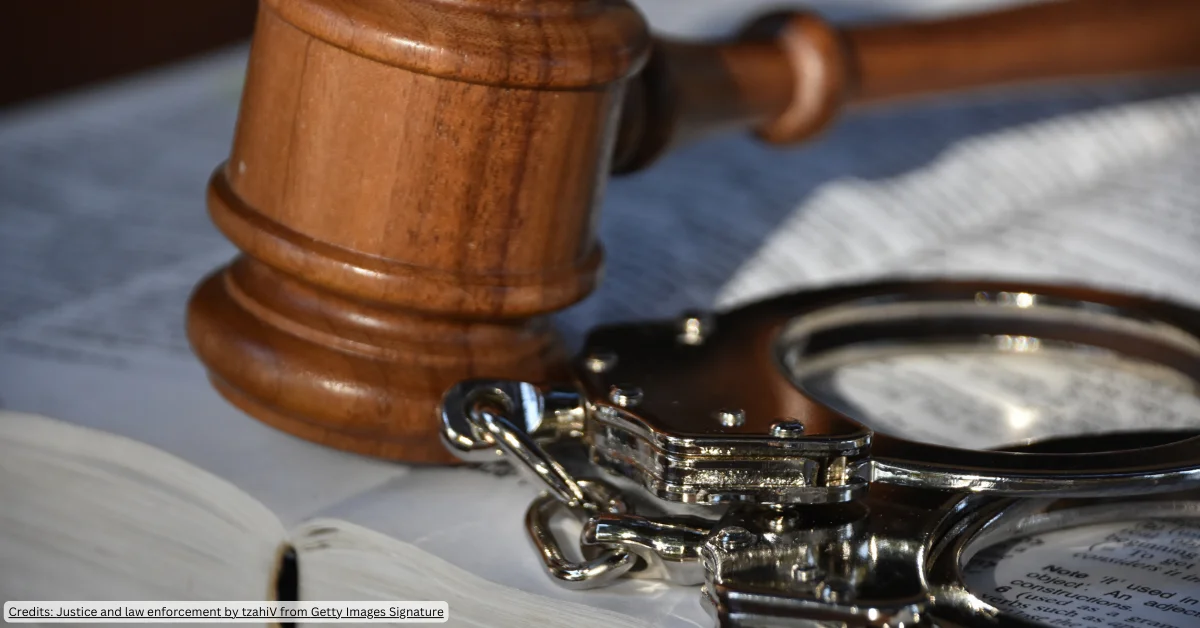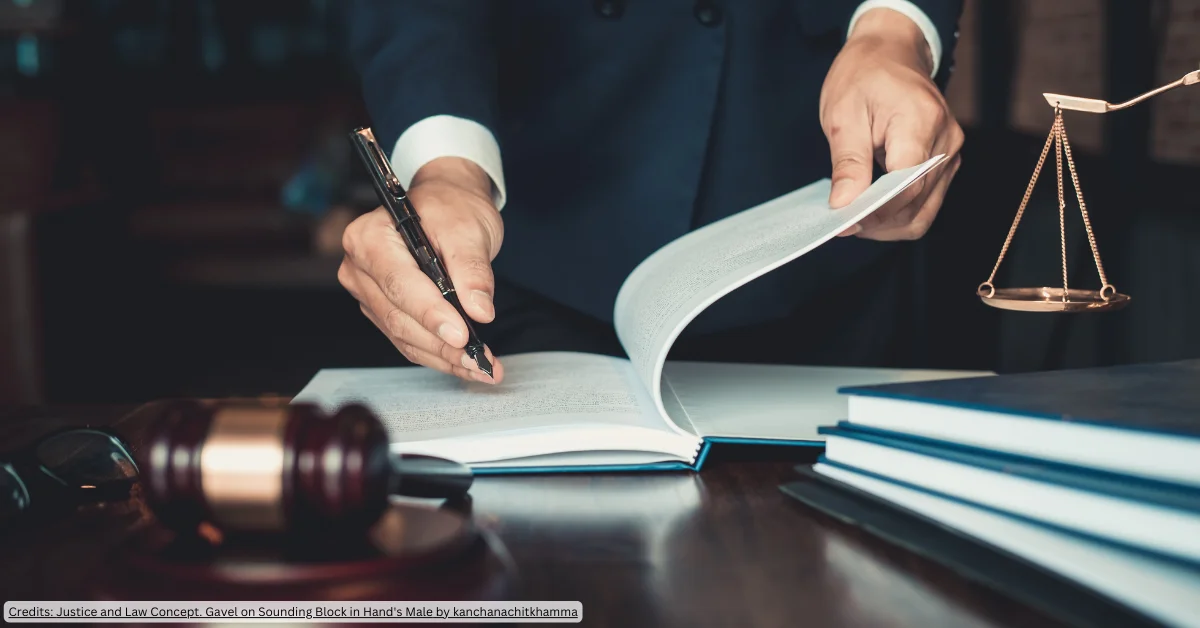Have you ever considered what will happen to your assets and possessions after you’re gone? It’s something that many Australians don’t think about, and that’s why most of them don’t have a Will. A Will can help save your loved ones from dealing with the aftermath of your death. It ensures effective wealth planning and distribution and can be used to resolve or even curb any relevant conflicts. It clearly draws the wishes and intentions of the holder of assets, which means you will have the right to decide how your assets get used after your lifetime.
No one is too old to write a Will; similarly, no one is too young to make one. Life is short, and we never know when it might be our time to go. So, drawing up a Will may save your loved ones from pain while they are already reeling under the grief of your passing away.
You may also wonder whether you are rich enough. Well, a Will does help in effective wealth distribution, no matter how big or small it is, and in resolving any conflicts that may arise. Most importantly, it authorises a trusted person, your close friend, or a family member, to act on your behalf. This is crucial when you have a lot of unfinished business left behind – bank accounts, phone connections, and many more. Plus, you may not realise your asset’s actual and collective worth. Your car, furniture, that gold ring, the calculations may surprise you. And have you ever wondered about passing on a legacy through heirlooms or other sentimental objects that your loved ones may cherish later?
A clearly defined Will makes it much easier for family members and friends to handle conversations around finances and asset distribution of the deceased. Sometimes, it’s not just about asset distribution within the family; you may also want to donate to a cause. The family members and friends must fulfil your wishes as laid out in the Will.
So, now comes the most common question. How do you write a Will? There are multiple ways that you can opt for. Consider hiring a solicitor or an estate planner to oversee the process and help you draw up the Will. If you are looking for a cheaper option, you can use many online platforms to create a Will at no cost. Once done, you only need to get it signed and witnessed by a notary public.
You may be surprised that contrary to popular belief, the Will making process is not that time-consuming. Just start with making a basic list of your assets and keepsakes and to whom you would want to leave them behind. Then, you just have to set the ball rolling.
Having a Will can also make things easier for your surviving family members. After your death, your family will already be going through a lot of emotional distress and organising finances and asset distribution can make things even more difficult. With a Will, your wishes are clearly stated, so there’s no need to have difficult conversations about your assets. Instead, your family can focus on grieving and moving forward without any added stress.
A Will can also help avoid conflicts between family members over your assets. Without a Will, family members might have different ideas about how their assets should be distributed, which can cause disagreements and even falling outs. A clearly drawn-out Will can prevent this and ensure your assets are distributed fairly.
Suppose you’re worried about making mistakes or leaving things up to interpretation. In that case, you can engage a legal consultant to help you with your Will. A legal entity will ensure that your possessions are distributed with your loved ones’ best interests in mind, that no costs or assets are left out, and that taxes applicable on relevant properties are planned for. A consultant will also ensure that the document is clear, concise and that no decisions are left to interpretation or chance.
Finally, your Will is also an opportunity to leave behind a legacy and make a difference in a cause you believe in. You can include a charitable gift in your Will, ensuring that your remaining possessions go towards a cause you care about. Modern online platforms make it easy to write a clear Will, with an option to include a charitable gift.
So, there you have it – the importance of having a Will. Don’t leave things up to chance or intestacy laws. Instead, take control of how your assets get used after your lifetime, and ensure that your family and causes you care about are taken care of.
Related:Peak fundraising bodies call for renewed commitment to donor privacy













